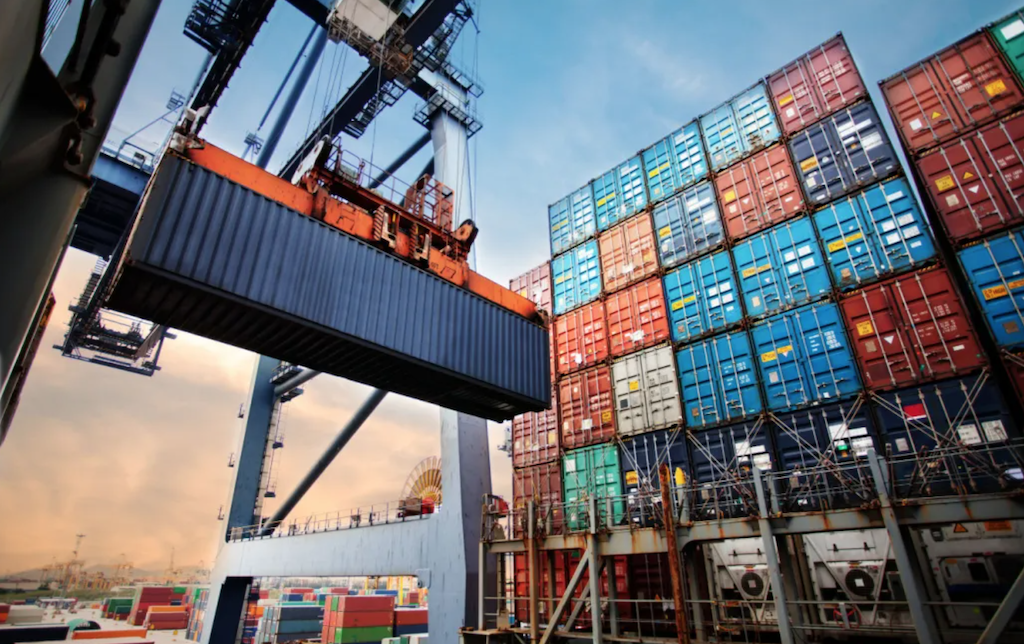DfT announces £7 million tech fund to decarbonise freight and boost innovation
The Government has launched a £7 million tech fund to decarbonise freight and boost innovation.
The freight innovation fund (FIF) will go to up to 36 small and medium-sized enterprises (SMEs) to develop innovations to make freight more efficient, resilient and greener, such as ways to improve how freight moves between rail, road and maritime transport.
By giving innovators the opportunity to test their ideas, the fund aims to help SMEs roll out new technology and ways of working to unlock potentially huge efficiencies and emissions reductions across the sector. This, for instance, could include how to organise containers better so they can be more easily broken up for the final part of their journey or how to improve links between rail, maritime and road transport.
Roads Minister Richard Holden said, “Our freight industry is vital to underpinning the economy and keeps Britain moving, so it is crucial we invest in new innovations to make it greener and quicker.
“This fund will accelerate new ideas and technologies, helping to develop a future pipeline of innovations that can be rolled out to create jobs and allow everyone to get their goods faster and easier.”
The innovation fund was announced last year within the government’s future of freight plan, a cross-modal and cross-government plan for the UK freight transport sector. It targets the five priorities for the freight sector identified in the plan, including being cost-efficient, reliable, resilient, environmentally sustainable, and valued by society.
Working to bolster the capacity of the freight network – for example, to anticipate, absorb, resist or avoid disruption and quickly recover from disruption when it does occur – can increase the resilience of supply chains across the country for a wide variety of industries.
The fund will look to support ideas and tech addressing, in particular, three long-standing issues in the freight sector.
a lack of large-scale cross-industry data collection and sharing between different modes of freight transport, such as road, rail and maritime, that could improve efficiencies and coordination
difficulties in inter-modal transport, such as between rail and road, and ways to improve how large consignments are broken up into smaller ones, which could reduce emissions and traffic
improvements in freight distribution in ports across different transport modes that could create knock-on benefits with timings, efficiencies, and predictability of the rest of the journey
The plan also explains how identifying a National Freight Network will help to better understand freight movements and their value to the economy.
The new fund builds on previous government initiatives designed to support increased research and development in the freight industry. Delivered by Connected Places Catapult, the fund will give SMEs access to technical and business support from the organisation.
Nicola Yates, CEO at Connected Places Catapult, said, “Each year in the UK, we transport 1.6 billion tonnes of freight using many different modes of transport. The freight sector makes a huge contribution to our economy but contributes significantly to domestic carbon emissions.
“The fund will help us to work with innovators and industry partners to develop a pipeline of technology and data innovations that will tackle the freight sector’s emerging needs, ensuring that resilience, efficiency and carbon reduction are core to the sector’s future.”
Kate Jennings, policy director at Logistics UK, said, “Efficient logistics is vital to the UK and, as a sector, businesses are innovating to drive down emissions while ensuring the availability of the products households, businesses and public services rely on every day. Achievement of the UK’s net zero target will require continued partnership between the government and industry.”

